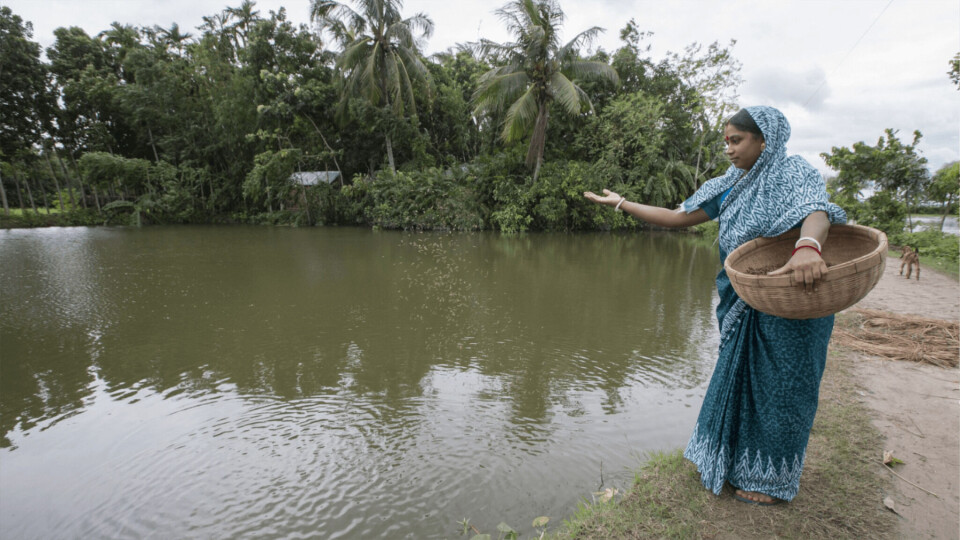
WorldFish making a bigger splash in developing world
Non-profit organisation WorldFish had a “remarkable” 2018 developing and scaling scientific innovations to support the sustainable transformation of food systems with fish, board chair Yvonne Pinto has said in its annual report.
Successes included producing new generations of genetically improved farmed tilapia (GIFT) in Malaysia, of the Abbassa strain tilapia in Egypt, and of rohu carp and base populations of catla and silver carp in Bangladesh.
Other notable successes included biosecurity improvements in Egypt and Bangladesh, the tracking of disease outbreak in Malaysia as a world first and the accelerated dissemination of best management practices for improved strains of tilapia across Africa and Asia.
New alliances
WorldFish is seeing evidence of new thinking, new information and new alliances emerging in the so-called “blue economy space”, it said in the report.
“However, these often lack scientific rigor and substance, creating substantial opportunities for our research to build cross-sectoral bridges for an inclusive and sustainable blue economy that is good for people and our planet,” it added.
As well as collaborating with the UN Food and Agriculture Organisation (FAO) and Duke University in the US on a major study of small-scale fisheries globally, is also shaping the global agenda for a sustainable ocean economy.
“Several of our scientists led by our Honorary Fellow Eddie Allison are part of the Expert Group developing a series of 15 thematic ‘blue papers’ for the newly established High-level Panel for a Sustainable Ocean Economy,” WorldFish said in its report.
“The panel, consisting of 13 heads of state led by Norway and supported by the UN Secretary General’s Special Envoy for the Ocean, seeks to advance a new contract between humanity and the sea that protects the ocean and optimises its value to humankind. The aim is to generate scientific evidence for developing, catalysing and supporting solutions for ocean health and wealth in policy, governance, technology and finance.”
Empowering women
In 2018, WorldFish secured a US$11.5 million investment from the Bill & Melinda Gates Foundation to generate knowledge and research evidence on the role of sustainable aquaculture for increasing incomes, diversifying diets and empowering women in Bangladesh and Nigeria. The investment brings fish into the foundation’s agriculture portfolio for the first time.
In Egypt, WorldFish launched Empowering Women Fish Retailers, a European Union-funded project that will generate research evidence for successful market-based interventions that will support 100 existing women retailers and the establishment of 50 new women-led enterprises.
A new project in Zambia, funded by the Norwegian Agency for Development Cooperation, is targeting small-scale commercial fish farmers and young aquaculturalists as part of national priorities to build relevant technical, practical and vocational skills for decent work, entrepreneurship and lifelong learning.
In terms of communicating knowledge, 2018 saw 626,240 downloads of WorldFish publications, 264,761 visits to the WorldFish website and 2.5 million people reached on social media.























































